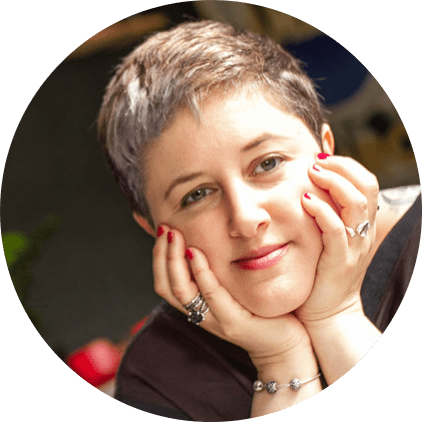Existing, conventional, approaches to recovery need improvement. The ReConnected Life Experience pioneers a whole-self approach to recovery which empowers us to take control for ourselves.
The other key thing that frustrated me in my recovery was how little information I had in how I could take responsibility for my own recovery. In one-to-one counselling, I learned how to get in touch with my feelings and share my story. In group counselling, I learned that what I was feeling wasn’t abnormal, but was shared by others. But it was only when I was privileged to get access to a psychiatrist, that I actually started learning things I could actively do to take control of my own recovery. Yes, she also worked magic (aka EMDR) – but more than that, she gave me exercises to do on my own that repeated consistently over time built my self-awareness, my resilience, my belief that I had the power to change my neural pathways. I decided this was a gap in current approaches.
Warning: controversial opinion upcoming. The difficulty with conventional counselling is that it isn’t person-centred. It is, when you’re in the room with the counsellor or therapist, of course it is. But, if you’ve been prescribed talking therapy, that is what you’re going to get and you might instead need body and somatic techniques; if you’ve been prescribed CBT perhaps its EMDR that will actually be the key for you. And so on. And what about if, like me, what will work is some integration work, some body work, some EMDR. I don’t think I once had to tell my psychiatrist the story, and yet she helped me break free from it anyway. Conventional approaches also tend to only focus on helping us manage our symptoms – they don’t help us with managing our lives beyond that. I so wish someone, any of the several counsellors, therapists, psychiatrists, had told me that living in a permanent hypo/hyper yo-yo would have long-standing impact on my hormones and resultant impact on my energy, fitness and body shape. There were things I could have done then, that would have released me much sooner from the grip of adrenal fatigue. I decided we need a holistic whole-body approach to recovery.
So, what does my approach give you that is different to conventional counselling-type approaches to healing after rape? Watch this little video and I’ll explain.
- Conventional approaches are under increasing pressure for funds, and waiting lists are long
- Conventional approaches focus on managing the symptoms of a traumatised brain; they rarely support with remaking the self and mending the relationship with the body
- Counselling focuses on the past, on why, something is having a response in us to help us deal with the present; coaching focuses on how we can choose a different response in the present to build the future we crave
- Counselling tends to be single-focused in its technique; it is either CBT, or it is psychoanalytical, or it is gestalt, or it is something else. It’s rare to find various techniques combined in one therapist, and in trauma recovery that’s what many of us need. In fact, what we mostly need is to understand for ourselves the smorgasbord of possible ways we can work on ourselves and take control of our recovery
- With coaching, the prescription is focused solely around you. In fact, in coaching, you come up with your own answers, you are in control. A coach helps guide you along the path you want to go – and a coach helps you run that path or take a leisurely stroll, you define the pace. A coach helps you decide how you’re going to respond, not ask you why you think you’re responding that way. Why’s generally result in defensive ‘because’ statements that make us into victims again. There are no victims in coaching
I am pioneering this new approach to empower us all, to give us all access to the knowledge we need to take control of our own recovery, to be our own heroes. I am pioneering this new approach so that we can recover and reconnect to our whole selves, mind, body and soul. I am pioneering this new approach so that we can live the lives we deserve, uncompromised, full, and happy.
If you’d like to discuss what coaching can do for you, please click here to arrange a no-obligation free chat.
In solidarity and love xx


0 Comments